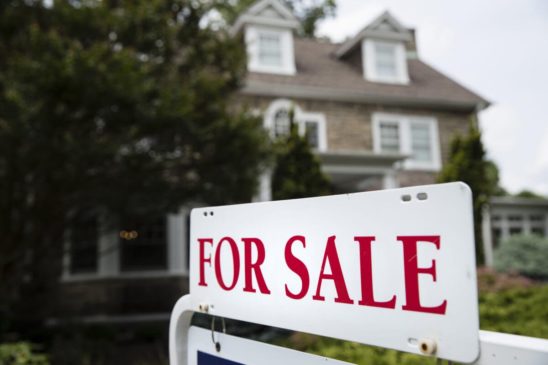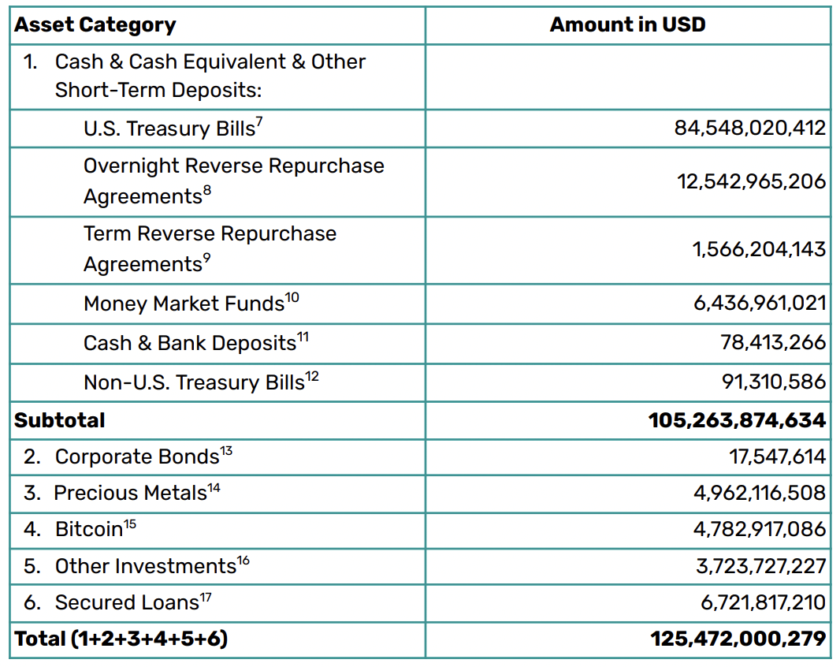- Mortgage applications have risen in recent weeks as mortgage rates hit record lows.
- Millennials can’t afford to buy a house as many of them are struggling financially.
- The housing market probably won’t recover as fast as expected.
The pandemic has hit the U.S. economy hard, and chances of a V-shaped recovery are minimal. The housing market has been hit too.
Mortgage applications plunged in the wake of lockdowns. Existing homes sales fell 25% between February and April. New homes sales were somewhat more resilient, falling 16% over the same period, but recorded a 0.6% increase month-over-month in April.
Housing starts, a measure of construction activity, fell 43% over the same period, indicating that residential investment will be a significant drag on economic activity in the second quarter.
But mortgage rates have fallen sharply since the start of the pandemic, prompting Americans to apply for a mortgage. The United States has recorded six consecutive weekly increases in mortgage applications for home purchases.
But those mortgage applications have been mostly made by older people. The National Association of Realtors reports that the typical home buyer in the U.S. is 47 years old. In 2009, the median age of homebuyers was 39.
Millennials Can’t Afford To Buy a House
Millennials (people born between 1981 and 1996) are the “weak link” in the housing market due to poor employment prospects and economic uncertainty.
The recession is hitting millennials harder than other generations, which will make it harder for them to afford homeownership.
Many Millennials haven’t recovered from the Great Recession.
Ana Kent, a policy analyst at the Federal Reserve Bank of St. Louis, said:
If people enter the labor force during a recession, and they get into lower-paying jobs, that carries forward for much of their lifelong working careers. That’s going to have impacts on not only their income but their wealth and also their ability to save for a down payment and their ability to meet other lifetime goals.
Slightly older workers are more present in the housing market as they are less affected by job losses than young workers. More young people have lost their jobs, and many of those still with jobs have had pay cuts. Many millennials work in the leisure and hospitality industry, which has suffered the most job losses from the pandemic.
A Pew Research Center poll shows that adults between 18 and 29 years old have been the most impacted by layoffs.
Millennials are burdened by student debt, owing somewhere between $5,000 and $60,000 on average.
Recent surveys show that one in four millennial families have debt that exceeds their assets. As they don’t have much money to save, they don’t have a cushion big enough to face emergencies. One in six say they would not be able to raise enough money to cover a $400 emergency.
With no jobs, no savings, and high debt, it’s understandable why millennials have virtually zero housing market wealth.
A Housing Market Slump Is Coming
One would think that lower mortgage rates might help young people to buy a house. But tightening mortgage lending requirements affect millennials disproportionately.
Indeed, they have to face higher down payment minimums and higher credit-score requirements. For instance, JPMorgan Chase tightened its standards in April. Borrowers need to have minimum credit scores of 700 and to make down payments of 20% to qualify for most mortgages.
A down payment of 20% represents a substantial amount that many millennials aren’t able to pay.
Millennials represent a large segment of the U.S. economy. If they cannot buy houses, the housing market could crash. Boomers will blame millennials for the next housing market slump.
Disclaimer: The opinions expressed in this article do not necessarily reflect the views of CCN.com.
This article was edited by Sam Bourgi.
Last modified: May 30, 2020 3:00 PM UTC




